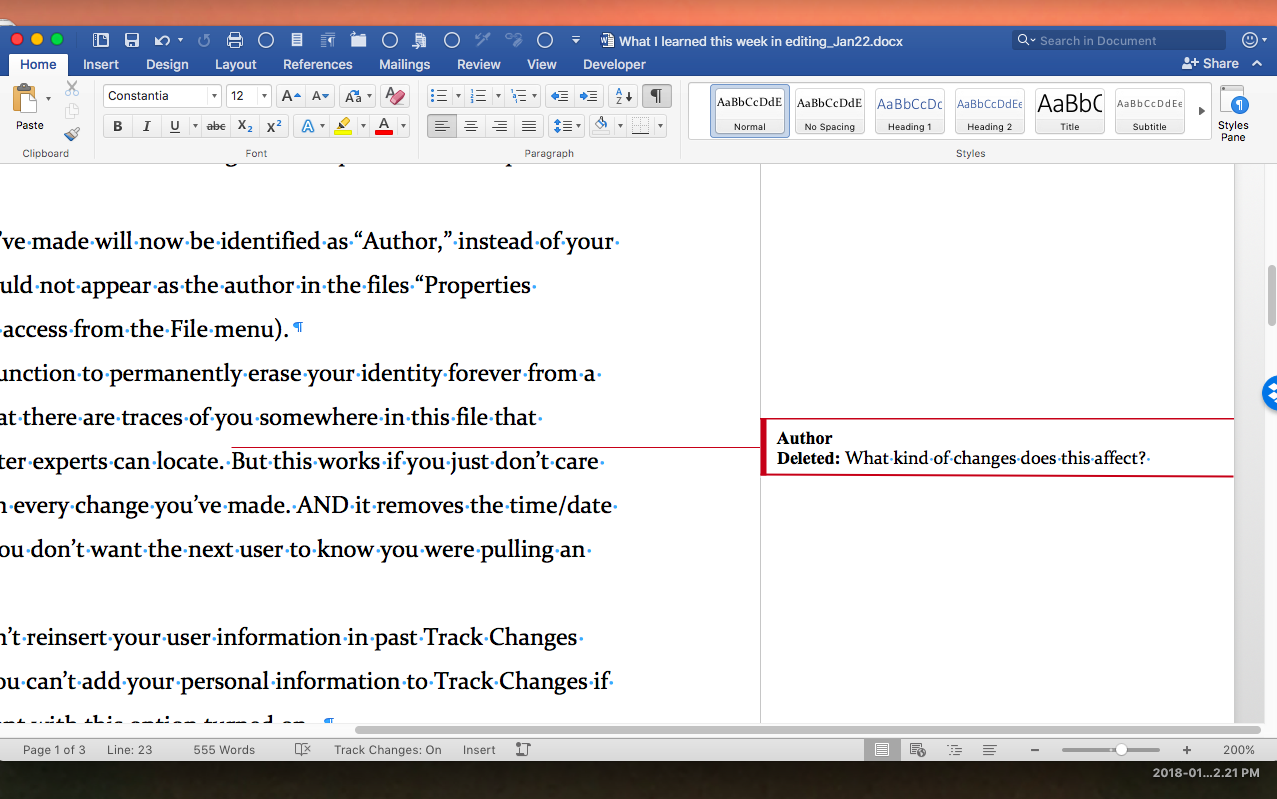In my last post, I talked about people who struggle with writing because they are convinced it should be easy. At the other end of the spectrum are the folks paralyzed by the fear that written communication is too difficult for them to even contemplate.
These are the people who, when facing a need to write a letter or report or assignment, fret that they can’t remember all the grammar rules they learned in sixth grade. The idea of crafting a thesis sentence makes them sweat, especially because they have never been sure they would recognize a thesis sentence if they met one walking down the street.
Efforts to avoid comma splices, split infinitives and run-on sentences zap their mental and emotional energy long before they can transform their ideas into words. Somewhere along the way, they have learned that avoiding grammar or style errors outweighs the importance of communicating thoughts or constructing arguments.
I meet these fretters frequently when I am with my English-professor husband. People who have had no difficulty conversing with him will start stammering and apologizing for their grammar or vocabulary as soon as they learn how he earns his paycheck. Why? Do they think he’s been taking notes on how many subject/verb agreement problems have cropped up in the conversation? Or that he’s going to start pointing out dangling prepositions?
After years of witnessing this behavior, I have concluded that many native-English speakers fear their own language. They have bought into the idea that English is too difficult to truly comprehend, much less to employ in any situation beyond daily, street-level transactions, particularly if it involves writing.
And I think that’s a shame. Because the ultimate goal in writing (or speaking) should be to force vocabulary and the structure of grammar to work for you—not trap you in a maze of unfathomable requirements. I’m not telling you to ignore all grammar, punctuation, and spelling rules—I make my living from knowing and implementing those rules, after all.
But worrying a little less about “breaking the rules” will free you up to consider what you want to say and how you want to say it, which is the first step on the road to becoming a braver writer.


0 Comments